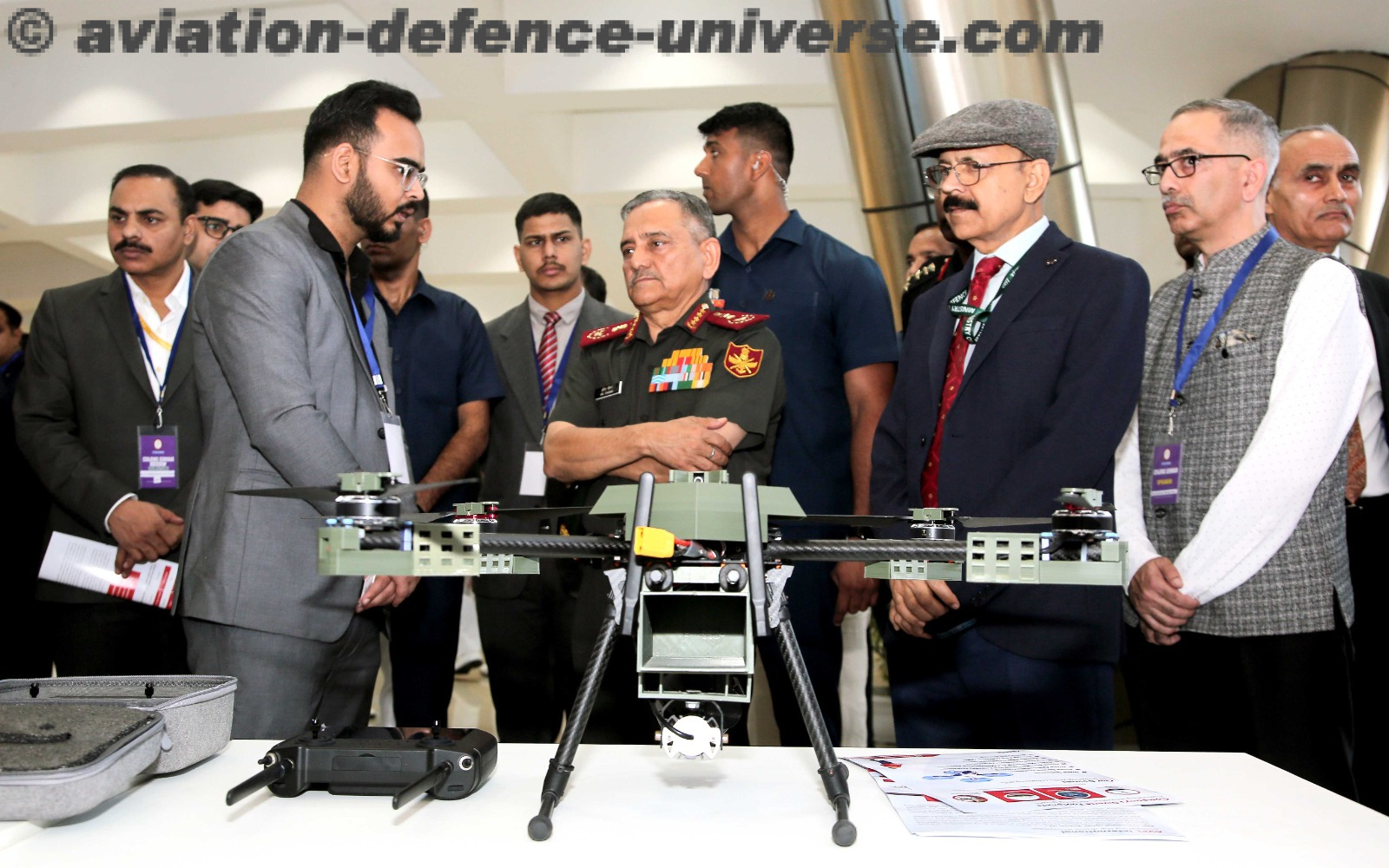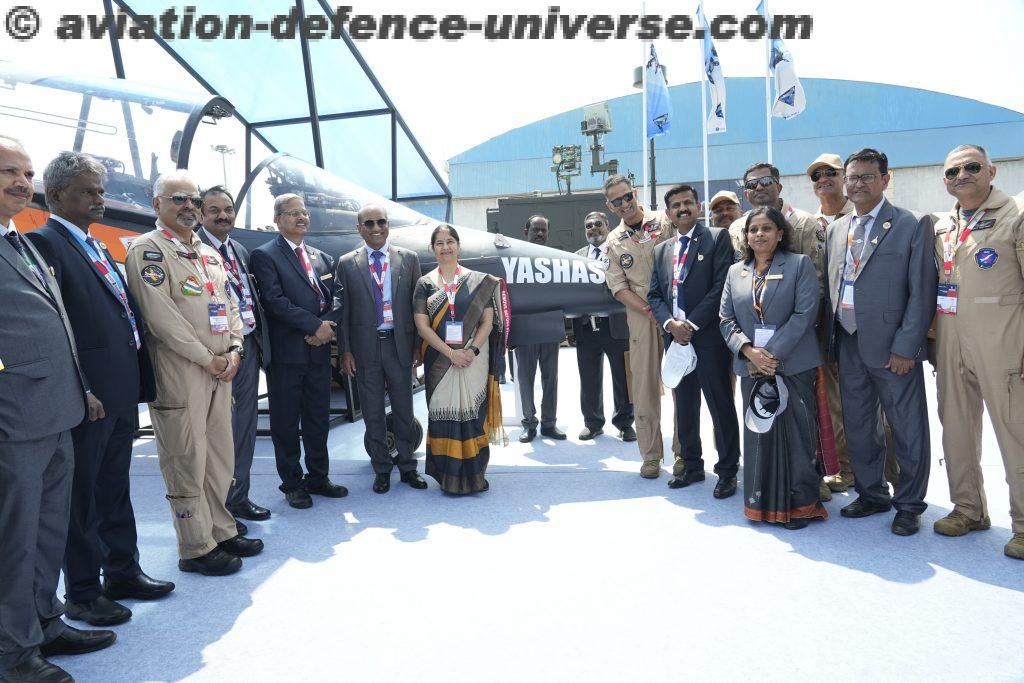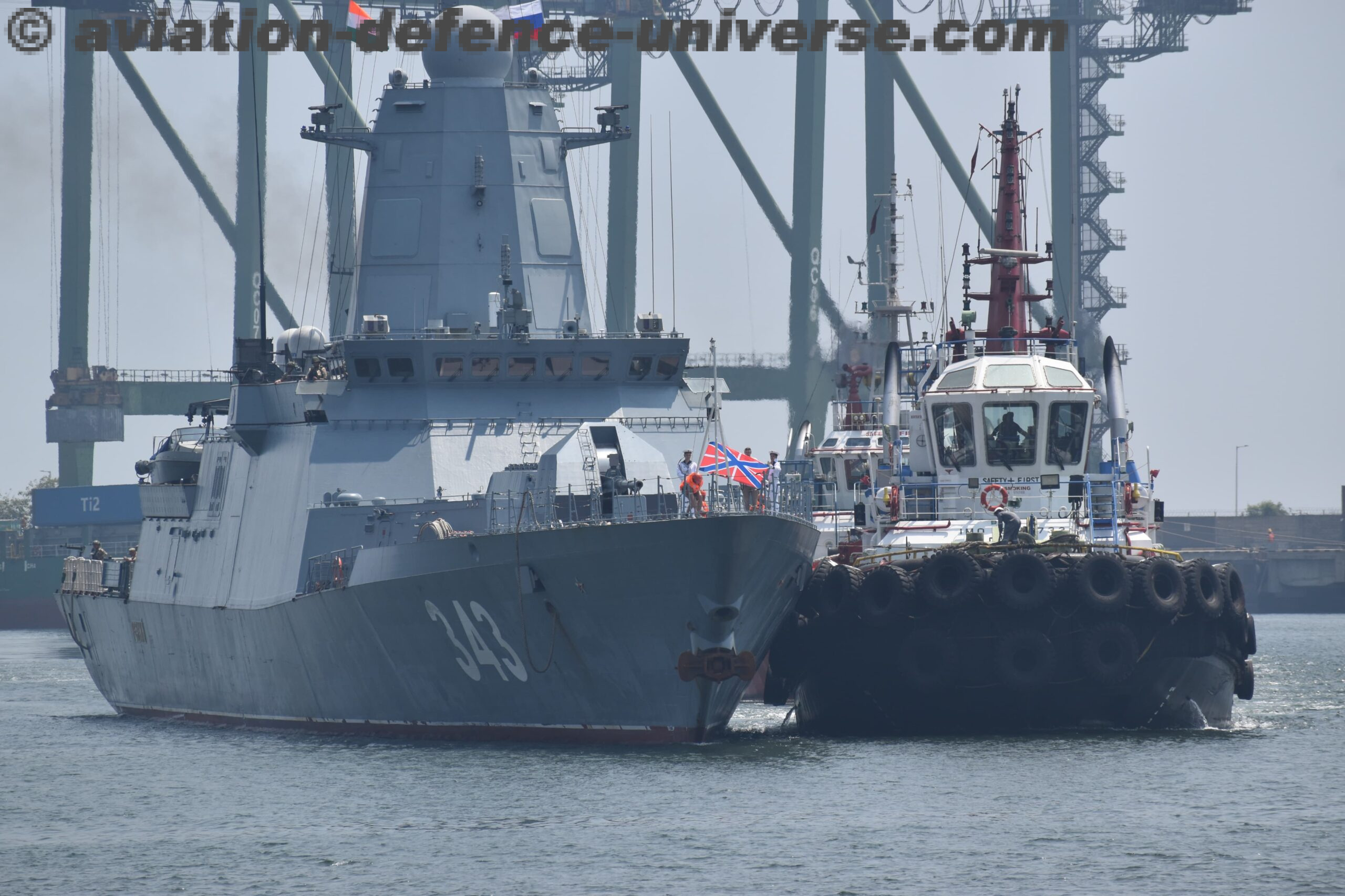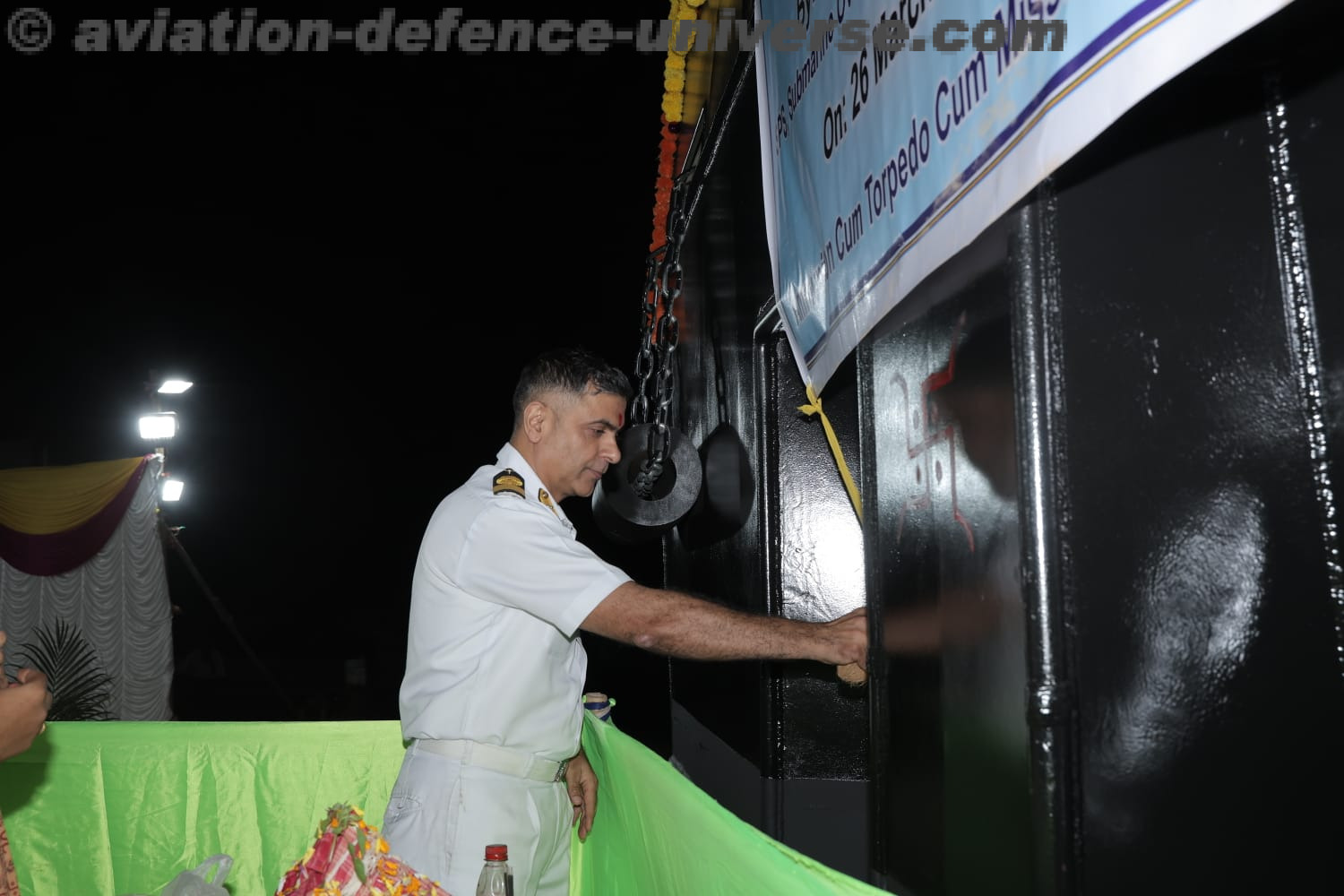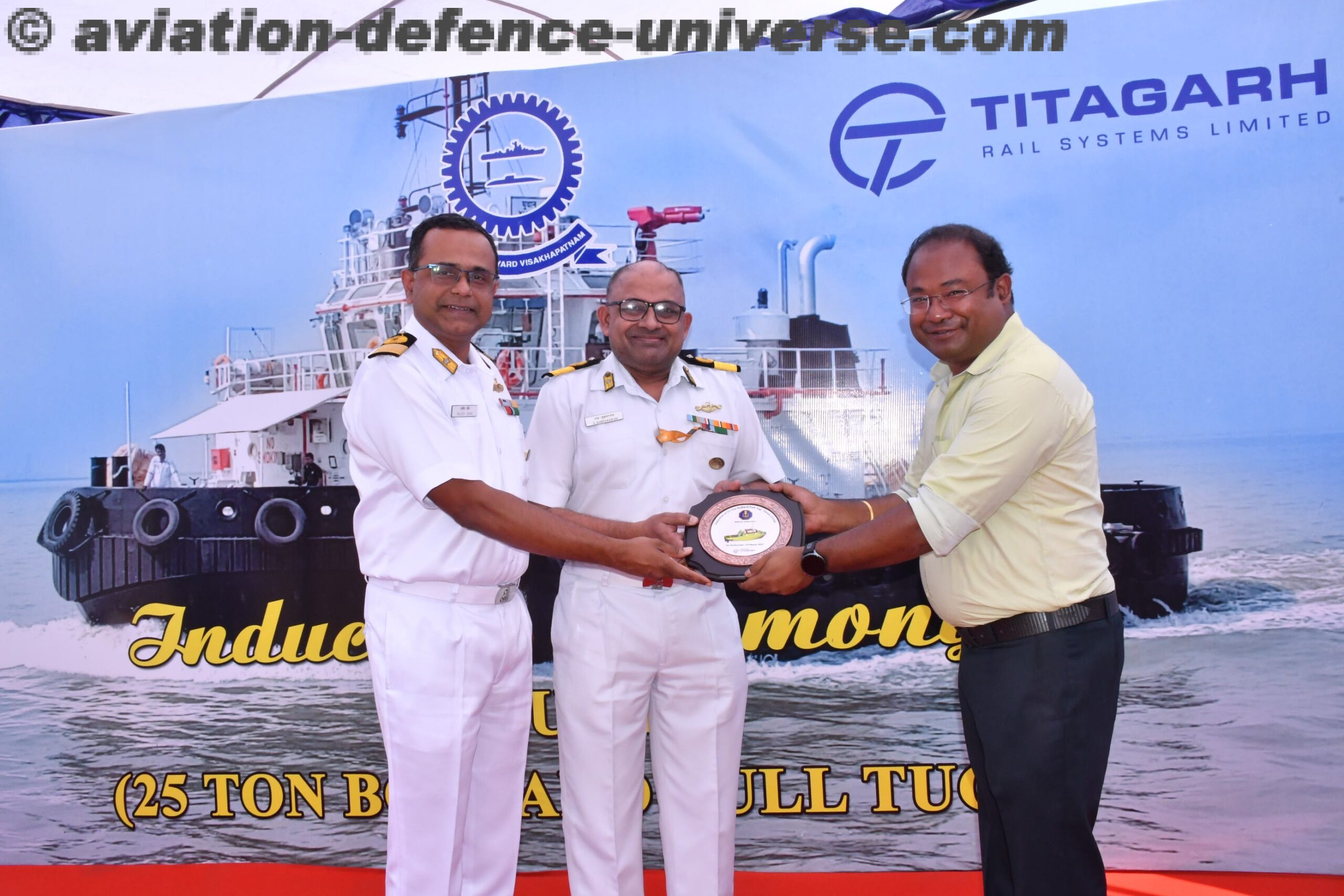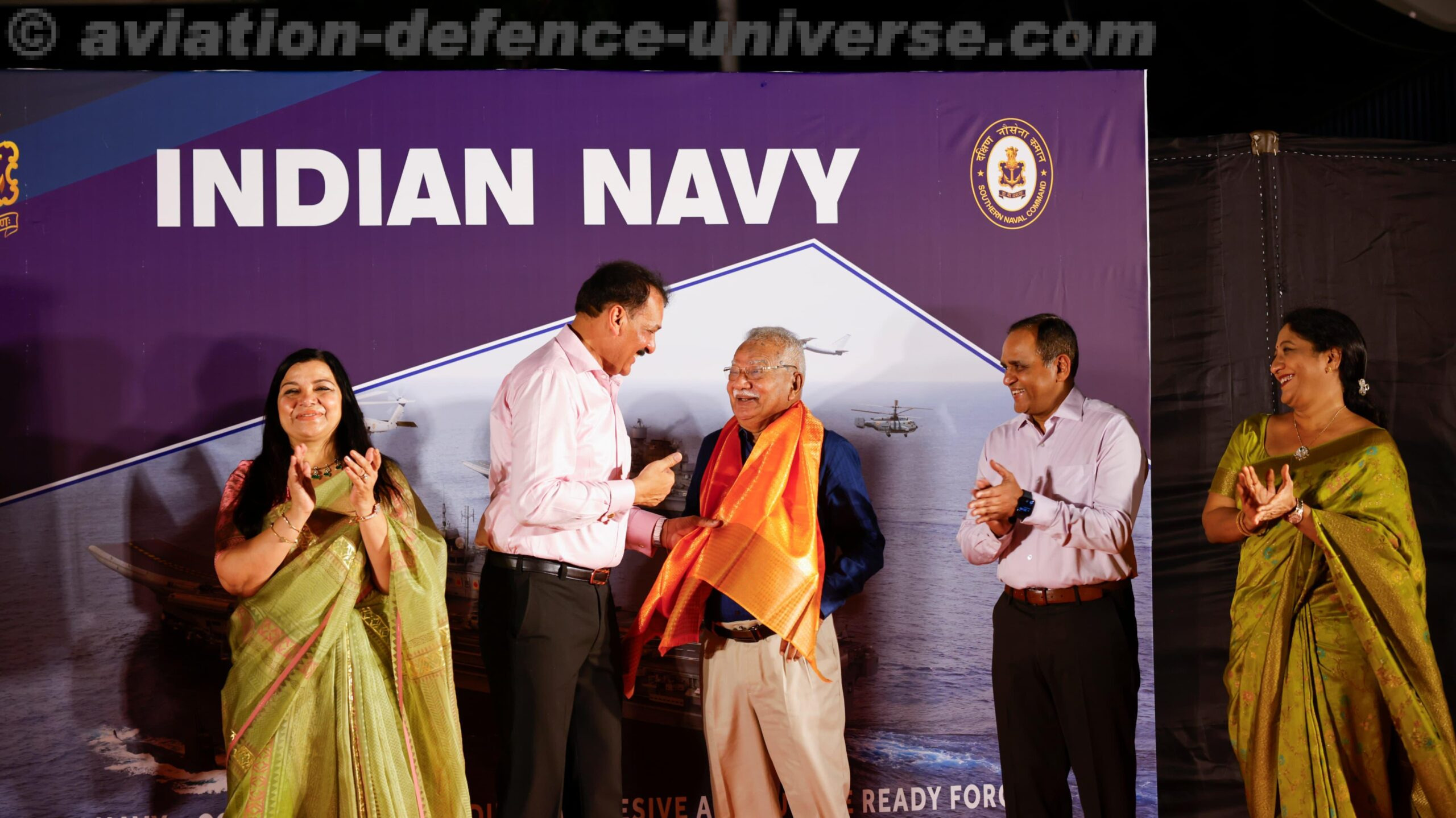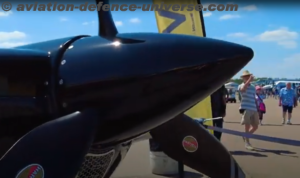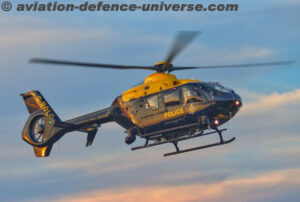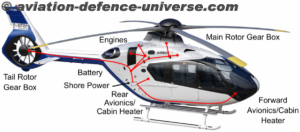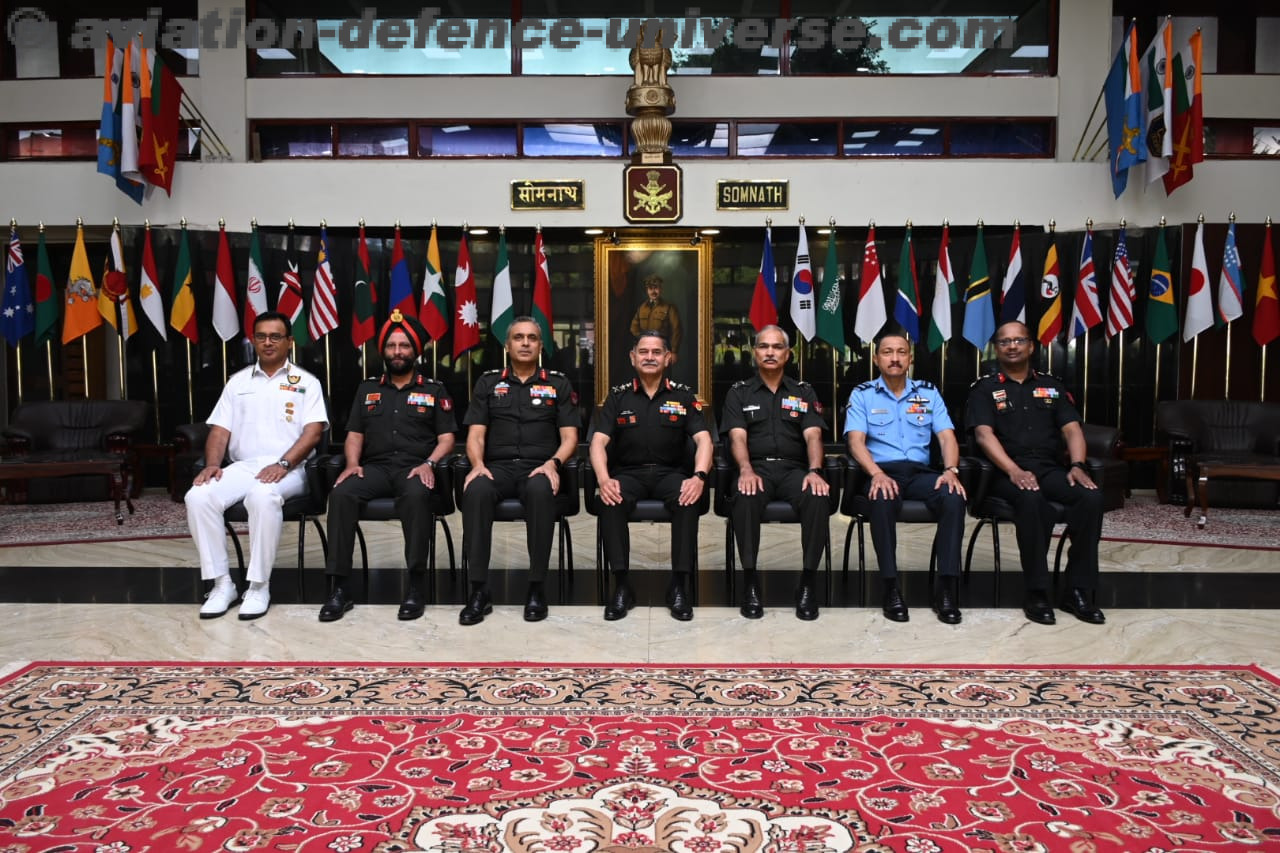Singapore. 10 November 2020. Flying habits are set to change drastically for the long-term, with nine in ten airline passengers (93%) from the Asia Pacific (APAC) region surveyed not expecting to return to their previous travel routines once the COVID-19 pandemic is over. This is just one of the key findings from a new global passenger survey commissioned by Inmarsat, the world leader in global mobile satellite communications.
The ‘Passenger Confidence Tracker’ is the world’s largest survey of airline passengers since the pandemic began. It reflects the views and attitudes of 9,500 respondents across the globe about the future of flying, including 2,500 from Singapore, Australia, South Korea and India in the APAC region.
The survey revealed that APAC passengers adopt a particularly cautious attitude towards COVID-19, with 57% of those surveyed describing their behaviour towards the pandemic as ‘highly cautious’, compared to 48 per cent globally. The pandemic also seems to have sparked a shift in attitudes to travel in Asia, where almost half (49%) of respondents expect to travel less by any means and 37 per cent plan to fly less in the future. This sentiment is even stronger in India and South Korea, with 58 per cent and
55 per cent surveyed planning to travel less in the future respectively.
Despite this, there are early signs that APAC travellers are starting to feel confident about flying again. Passengers in the region are more likely than the global average to have flown since the pandemic began: 41 per cent of APAC respondents – and as much as 56 per cent of Indian respondents – have taken at least one flight since the pandemic reached their countries, compared to just 34 per cent globally. The majority (60%) of APAC passengers surveyed expect to feel fully ready to fly within the next year.
David Coiley, Vice President Asia Pacific, Inmarsat Aviation, said: “The ’Passenger Confidence Tracker’ reveals that Asian travellers are more confident with the safety of the passenger journey than their counterparts. This also reflects prevailing conditions in the region, where the spread of COVID-19 has largely abated across most markets, relative to other regions experiencing a resurgent wave of infections and further lockdowns. Given the level of consumer confidence, the outlook of the aviation industry in
Asia Pacific is looking optimistic.”
“The revival of domestic travel in China and India – two of the biggest markets in the region – further reflects passenger confidence in the region. In China, we saw domestic passenger volumes for the month of September increase from the same period last year, while domestic travel volumes in India are forecast to recover to pre-COVID levels by the end of the year.”
When asked to rate their confidence around the safety and health precautions currently undertaken across all touchpoints throughout the journey, APAC respondents recorded an aggregated score of 6.27 (out of 10, with 10 being the highest level of confidence), higher than the global average score of 5.55. The majority also perceive public spaces such as restaurants, cinemas, public transport, and public toilets to be either as risky, or even riskier than, taking a flight.1 Recent IATA research supports this, suggesting people are more likely to be struck by lightning than catch COVID-19 on a plane.2
To further boost confidence in flying, APAC passengers surveyed identify a need for clearer information about border restrictions, standardised practices across all airlines and a consistent worldwide set of safety standards as particular areas for improvement. When asked to identify the most effective personal safety measures, passengers identified wearing a face mask both inflight and in airports, and only being allowed to fly after a 48-hour test.
3 Notably, only 10 per cent identified a 14-day quarantine as a top factor.
While the majority of APAC passengers (65%) surveyed feel satisfied with the aviation industry’s response to the challenges of COVID-19, the survey reveals areas of opportunity for airlines to encourage passengers back to the skies.
Almost half (48%) of APAC respondents believe that reputation is more significant factor when choosing an airline today than it was pre-pandemic. It has therefore never been more vital for airlines to differentiate and gain a competitive edge. The research highlights that improving inflight experience is one way to achieve this. From extra legroom (44%) to free baggage (36%), value added services are becoming increasingly important to passengers returning to the skies Digital solutions are fast-becoming essential to an enjoyable inflight experience, with four in ten (40%) respondents agreeing that on-board Wi-Fi matters more today than ever before.
Philip Balaam, President of Inmarsat Aviation, said: “With safety and reputation becoming even more important to today’s flyers, there is a clear need for airlines to differentiate themselves in order to encourage passengers back onto their flights. Digitalisation lies at the heart of both; minimising critical touchpoints in the passenger journey to improve confidence, all the while keeping passengers connected and entertained.”
Inmarsat is transforming the global aviation industry by bringing complete connectivity to every aircraft and flight path in the world. Passengers can browse the internet, stream videos, check social media and more during flights, with an on-board connectivity experience on par with broadband services available on the ground. In addition, Inmarsat’s flight deck solutions combine cutting-edge satellite technology with secure IP broadband connectivity for enhanced operational efficiency and safety.
The ‘Passenger Confidence Tracker’ will be explored in greater detail later (10 November, 14.30 GMT) at FlightPlan, the aviation industry’s largest virtual convening, hosted by Inmarsat and the Airline Passenger Experience Association (APEX). To find out more, register now at flightplan.wavecast.io.








